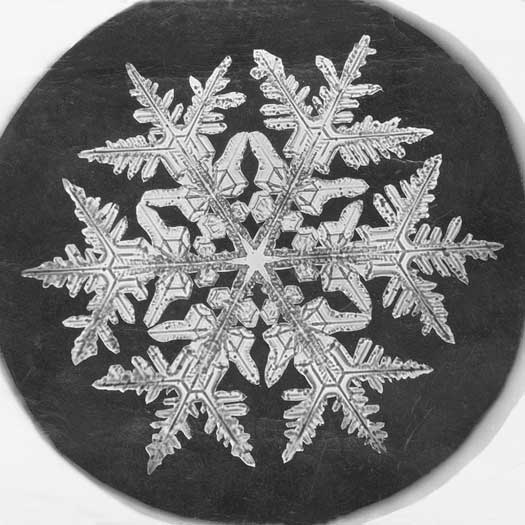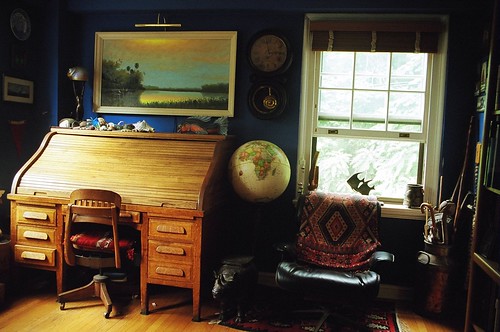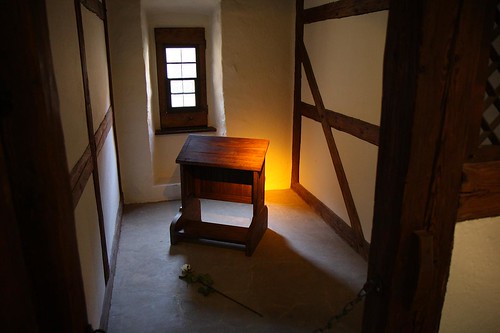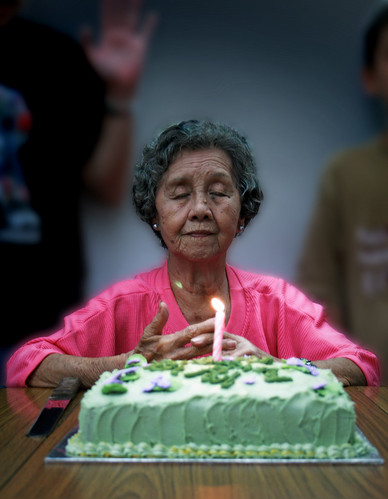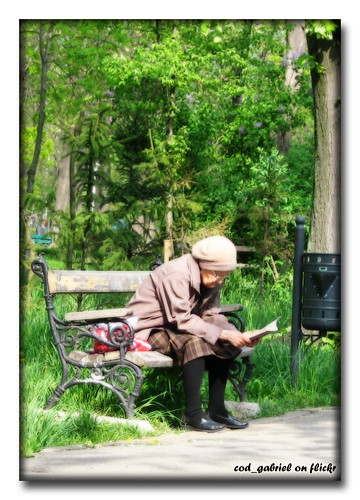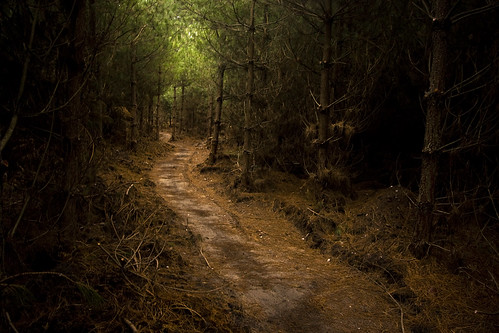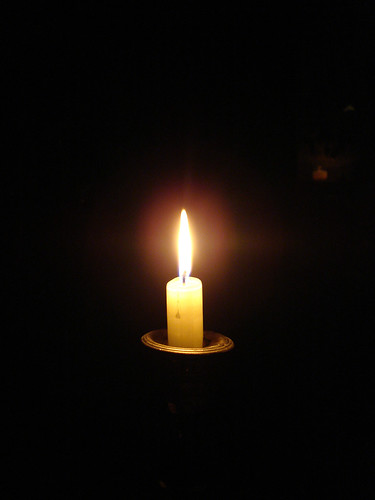This month proved a struggle, looking at abundance – primarily in terms of material abundance – when all I seemed to abound in was phlegm. Such Fun.
I think Julia Cameron is really on to something here: “For many of us, raised to believe that money is the real source of security, a dependence on God feels foolhardy, suicidal, even laughable.” (p.105)

I was raised by two people who were most definitely dependent on God rather than money, and I still struggle with wanting to be financially secure all the time, not to risk having nothing to fall back on.
“We have tried to be sensible – as though we have any proof at all that God is sensible…”
“Snowflakes, of course are the ultimate exercise in sheer creative glee. No two alike.” (p.107)
Dare we dream that God has something better for us than we have at present? Not necessarily something easier, or safer, to be sure, but better?
Now, Cameron and I do differ in places. She characterises common belief as “Hard work is good. A terrible job must be building our moral fiber.” (p.106)
And you know what? I think hard work is good. I think a terrible job can build your strength, your endurance. I think I have become a better writer by having to struggle to write. I’ve had to ask myself – how much do I want this? I’ve had to develop discipline, and you can’t tell me that’s a waste of time.
But that doesn’t mean that the Dreaded Day Job is all there is, in perpetuity. People don’t keep going to school once they’ve passed their last exams. Soldiers don’t stay in basic training forever.
But here’s what scares me: once you leave training is when the work really starts.
And here’s another thought: your dreams and God’s dreams for you aren’t necessarily the same dreams (although they can be). But given a clash, God’s dreams are always better. And bigger. And scarier, because we don’t think we can do it, and he knows we can (with his help), and he’s just got to keep pushing us til we reach the place where we’re prepared to try.
An acorn may be content to become a modest shrub, but God will not be content until he has made it an oak.

You can’t out-dream God.
Cameron moves on to discuss the idea of creative luxury – not wallowing in plutocratic plushiness, but allowing yourself those non-utilitarian things which feed your soul. Things that make you feel rich in life – doesn’t have to be expensive. An old LP of great music. A monthly packet of chocolate biscuits. Really nice paper to write on, instead of a ratty old exercise book. A beautiful cup and saucer, second-hand.
I freely admit that I didn’t do most of the exercises this month. For some reason, this is the month with all the practical stuff in it. Go outside and find five interesting rocks. (I have bronchitis.) Find five flowers. (It’s winter. Plus I have bronchitis.) Bake something. (It’s winter in the kitchen too.)
Things that I didn’t do but still intend to once I recover: purge 5 old ratty items of clothing; send 5 postcards to friends you’d like to hear from; make some changes to the [cluttered, messy] home environment.
I can’t decide whether to go for this:
or this:
Dreaming too big? Mighty oaks from tiny acorns grow.
And DDJ – your days are numbered. Even though I don’t know the number yet. God’s got dreams…

